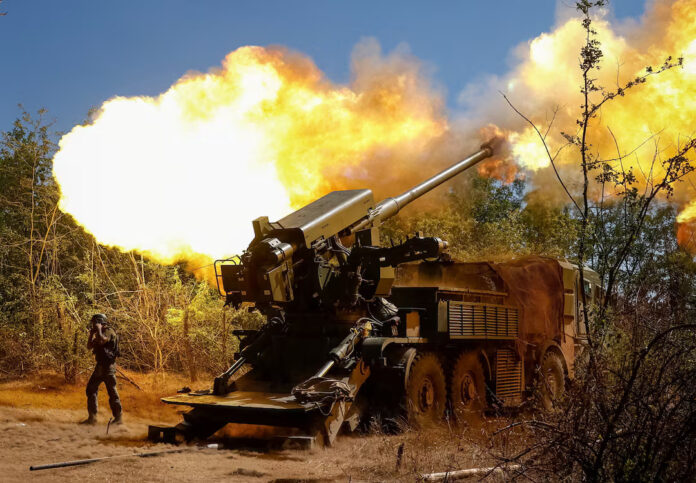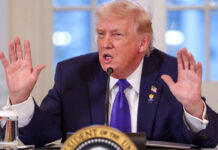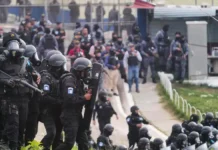
Written by Lisa Murimi
Debate over the possibility of sending European peacekeeping forces to Ukraine has ignited sharp divisions in Germany, exposing both political rifts and deep-seated historical sensitivities.
Chancellor Friedrich Merz has signalled openness to German participation in a potential peacekeeping mission as part of a future settlement with Russia but stressed that any decision would require close coordination with European allies and the Bundestag. “It is too early today to give a definitive answer,” he said on Monday.
The discussion comes as France’s Emmanuel Macron and Britain’s Keir Starmer voice support for the idea of troop deployments in a post-war framework. But in Germany, unease runs high due to the country’s Nazi past and the lingering scars of controversial foreign missions in Afghanistan and Mali.
Alice Weidel, leader of the far-right Alternative for Germany (AfD), accused Merz’s conservatives of “dangerous and irresponsible” war-mongering. Even Foreign Minister Johann Wadephul, a member of Merz’s Christian Democratic Union (CDU), warned such a deployment “would probably overwhelm us.”
Public opinion is split: a Forsa poll for RTL/ntv found 49% of Germans support joining a European peacekeeping force, while 45% oppose it. Scepticism is strongest in eastern states, where the AfD is gaining ground ahead of local elections. The party has seized on the issue with social media campaigns mocking Merz as eager to send young Germans to war.
Germany also faces practical constraints. Years of underinvestment have left the Bundeswehr struggling with equipment shortages, despite Merz’s pledge to transform it into Europe’s most powerful conventional army through massive new borrowing. CDU state leader Sven Schulze argued the military was “barely in a position to deploy troops,” calling instead for a broader European security framework.
Within Merz’s coalition, resistance is even stronger. The Social Democrats’ pacifist wing insists Germany should not send soldiers to Ukraine. SPD lawmaker Ralf Stegner warned that deploying troops in Eastern Europe would be “extremely difficult for historical reasons.”
Analysts note that any mission remains hypothetical, with Russia fiercely opposed to NATO or EU troops near its borders. “Something like this is obviously extremely controversial in Germany,” said Marcel Dirsus of the Institute for Security Policy at Kiel University. “The government will tread very carefully.”
For now, the debate underscores how Germany remains deeply conflicted about its military role in Europe, even as allies push for greater commitments in Ukraine.


















